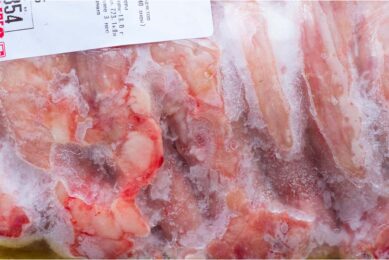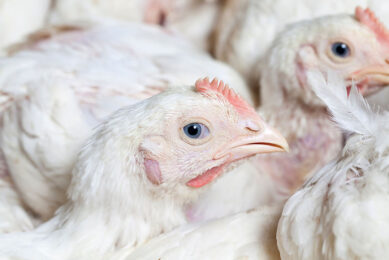Poultry under suspicion in worst listeriosis outbreak

Cooked chicken and other deli meats such as ham and ‘polony’ are high on the list of suspects for causing the world’s worst ever recorded listeriosis outbreak.
At least 81 people have died in the ongoing outbreak in South Africa, according to the country’s National Institute of Communicable Diseases (NICD), with the number of recorded cases now 767 spread across all nine provinces.
It is massively larger than the second biggest outbreak, which took place in the United States in 2011 when 147 cases were reported.
The disease – contracted from eating food contaminated with the foodborne pathogen listeria – normally has a mortality rate of between 20-25%.
However, the NICD has said “outcome data” from the 235 cases that it has studied has put the death rate at 34%.
It said that so far no food sources contaminated with the outbreak strain had been found, including among poultry and poultry products.
Major poultry producer
Earlier this month, there had been speculation that one of South Africa’s major poultry producers, Sovereign Foods, based at Hartbeespoort in the Eastern Cape, could be involved in the outbreak.
Environmental health officers visited Sovereign Foods’ abattoirs to collect food samples, but these samples did not pick up the ST6 strain although the tests found other strains with the potential to cause disease.
South Africa’s Health Minister Aaron Motsoaledi said that as the abattoir had listeria, the abattoir was prohibited from further preparing food pending a deep clean. The abattoir was closed on 22 December but reopened on 9 January.
Blaine van Rensberg, Sovereign Foods’ head of production, said the company was further strengthening steps to render products safer than “they already are”.
Food safety experts Dr Lucia Anelich said the “culprit” was most likely a product consumed “extremely often” across the country.
“Deli meats are obviously consumed by a wide variety of people in the population, whether it’s a cheaper cut or a more expensive one,” she said.
Join 31,000+ subscribers
Subscribe to our newsletter to stay updated about all the need-to-know content in the poultry sector, three times a week. Beheer
Beheer








 WP Admin
WP Admin  Bewerk bericht
Bewerk bericht